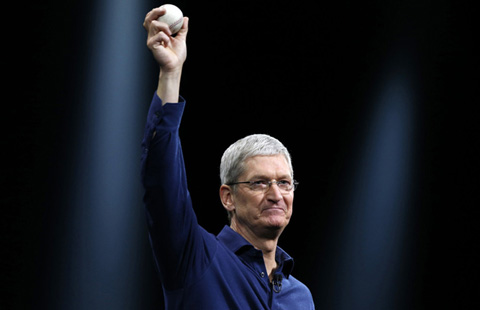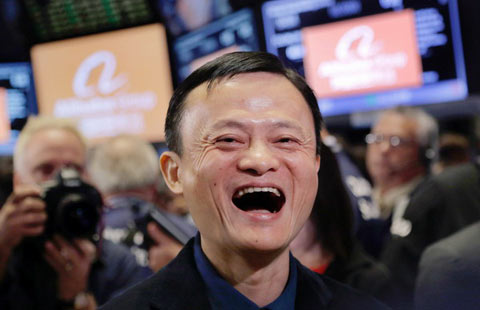Booming prepaid consumption riddled with pitfalls
By Bai Ping (China Daily) Updated: 2015-06-09 11:10To have a haircut in a beauty salon in Beijing used to be a very enjoyable experience. For the equivalent of $10-15, you'd be pampered by a stylish cut with wash and blow-dry, and soothed by a shoulder massage.
Nowadays you may still get these services for the price, but only if you hold your purse strings tight and don't allow your pleasure-seeking self to prevail over disciplined self. Most likely, a cheap haircut will lead to expenditures worth hundreds, even thousands of dollars, as you're cajoled into buying a prepaid card that most beauty salons offer.
Marketing of the plastics often starts as soon as a new customer settles into a chair and lasts through the haircut sessions. Stylists and their assistants will educate the customer about the necessity of expensive hair care and massage therapy. The customer will be urged to take advantage of their services at special discount rates from 10 to 40 percent depending on the amount of their prepayments. For the regular customer, the exhortations will focus on top-ups and purchasing new promotions.
For beauty salons, issuing the closed-loop cards has become an effective means to increase sales and improve cash flow. Other savvy retailers are also joining the race to get customers' money, as similar programs are gaining currency in many other outlets like spas, gyms, laundry, restaurants, gas stations, golf driving ranges and even tuition centers.
Ask any Chinese salarymen about their bulging wallets, and you'll find they're more likely to be jam-packed with stored-value cards than wads of cash.
Latest figures available show that at the end of 2011, China registered prepaid consumption worth 1.4 trillion yuan, with stored-value cards totaling nearly 60 billion yuan. And such spending has been projected to continue to increase at a double-digit pace.
While customers are lured by discounted prices associated with prepaid cards, it pains many bargain hunters to realize that actual costs may not be as attractive as they look if they consider a large portion of purchases will never be fully redeemed. Over the past few years, I've bought a dozen anonymous cards at various stores. Some cards are partially unused because they're lost or have expired. Some with low balance are ignored because I dread the hassle of being urged to top up.
The biggest concern to consumers seems to be that issuers leave customers in the lurch as they evaporate with prepayments, which is becoming an increasingly common phenomenon in the competitive service sector exacerbated by a worsening business environment.
But regulations have lagged behind growth in prepaid cards, allowing retailers to operate in murky areas, with no specific requirements on a merchant's capital, credit and the number of cards to be issued. And it could be anybody's guess how the prepayments are used.
When disputes arise, retailers usually have the upper hand because they claim they have the final say on conditions and restrictions of a card.
In major frauds like shops closed without notice, consumers can go to the police or make a joint report along with others when petty sums are involved. But many card holders may have chosen to be quiet because such scams mostly happen to high-end beauty salons, spas and restaurants that are hurt by a double whammy of an anti-corruption campaign and economic downturn.
You may pray the small but unscrupulous business owners will also embrace the "new normal", the current Chinese economic ethos that encourages a more sophisticated and healthier growth, as compared with the erstwhile Wild West development.
But until that happens, customers may just have to learn to say no to sales pitches in a salon or restaurant or gym, unless they're sure about what they're led into.
- China's May PPI down 4.6%
- China May inflation edges down to 1.2%
- Apple reveals plan to build all-platform eco-system empire
- 2015 Apple WWDC kicks off in San Francisco
- Apple unveils new OS, music streaming service
- Sidebar: China gets bite of Apple
- Fuel prices to ease amid glut of crude oil supply
- Stocks end at highest level in seven years

















